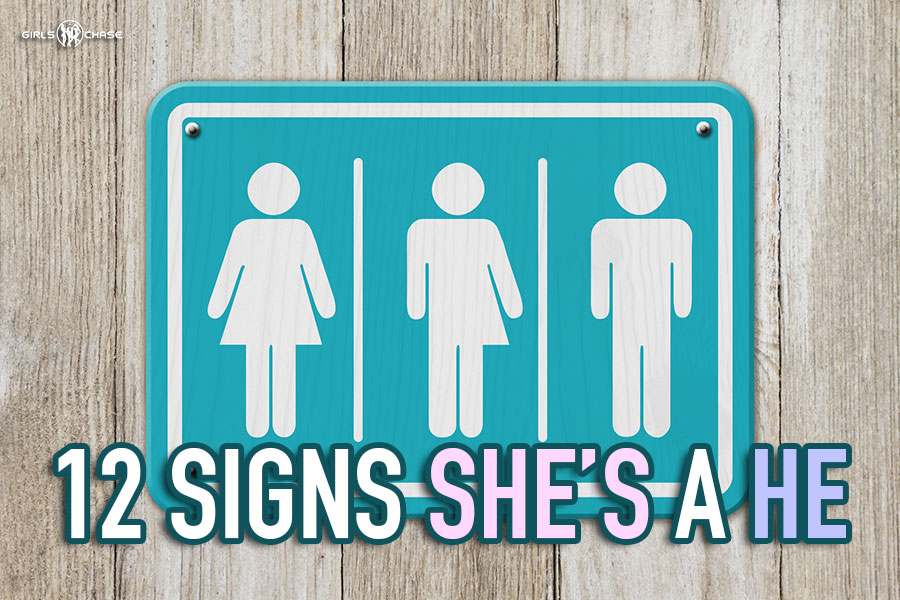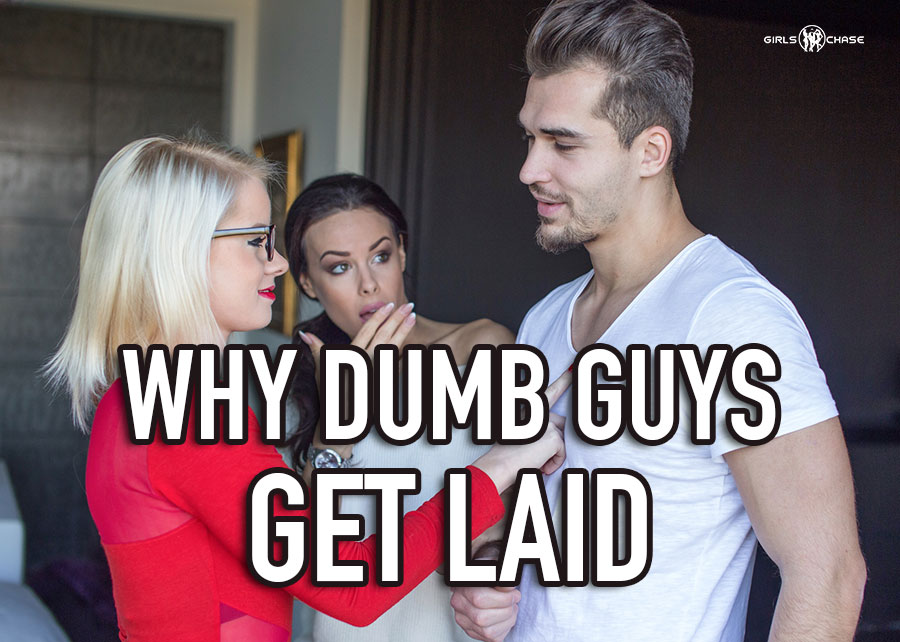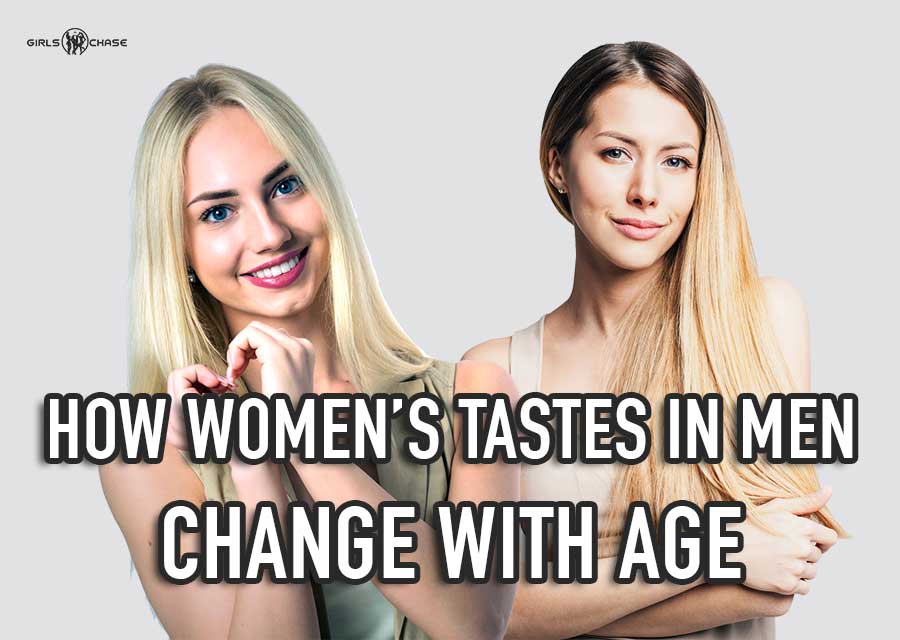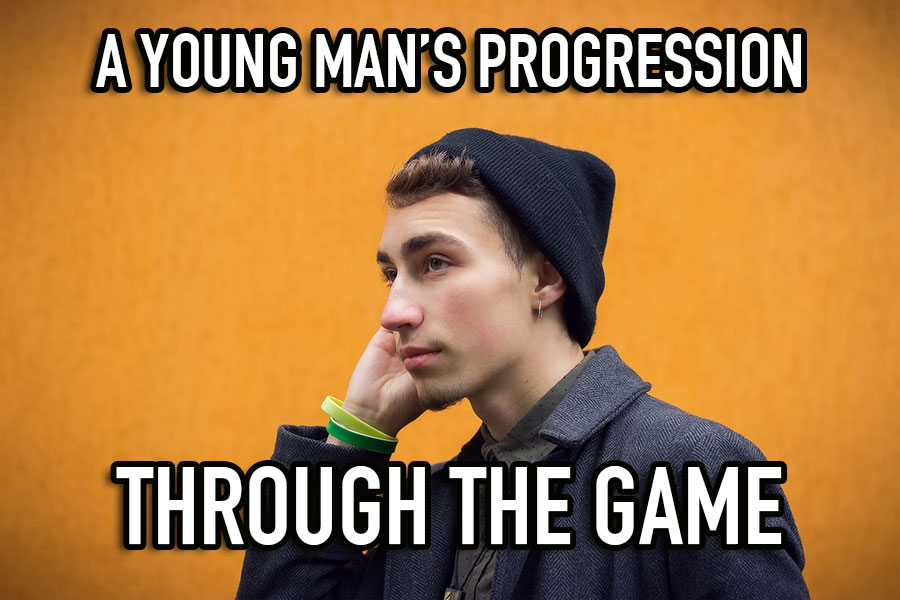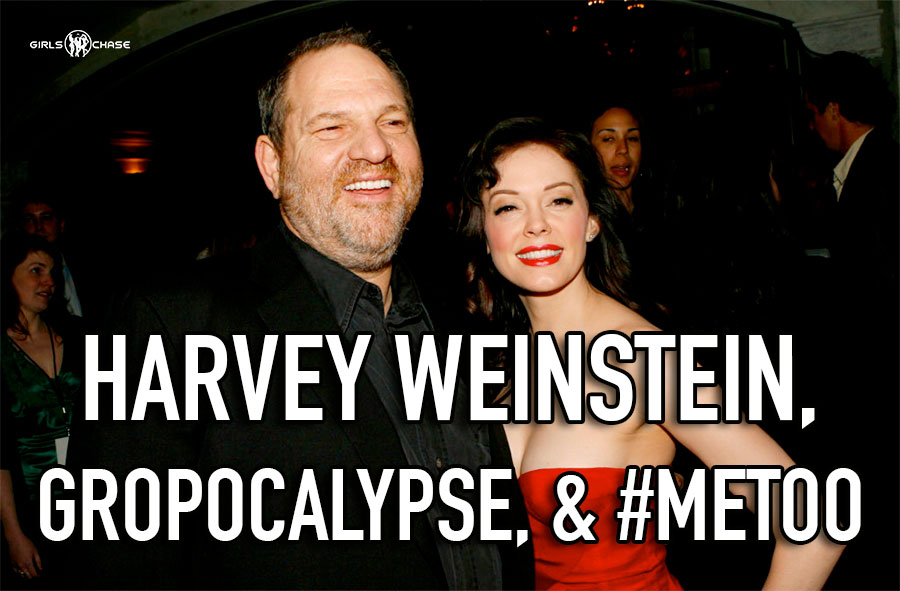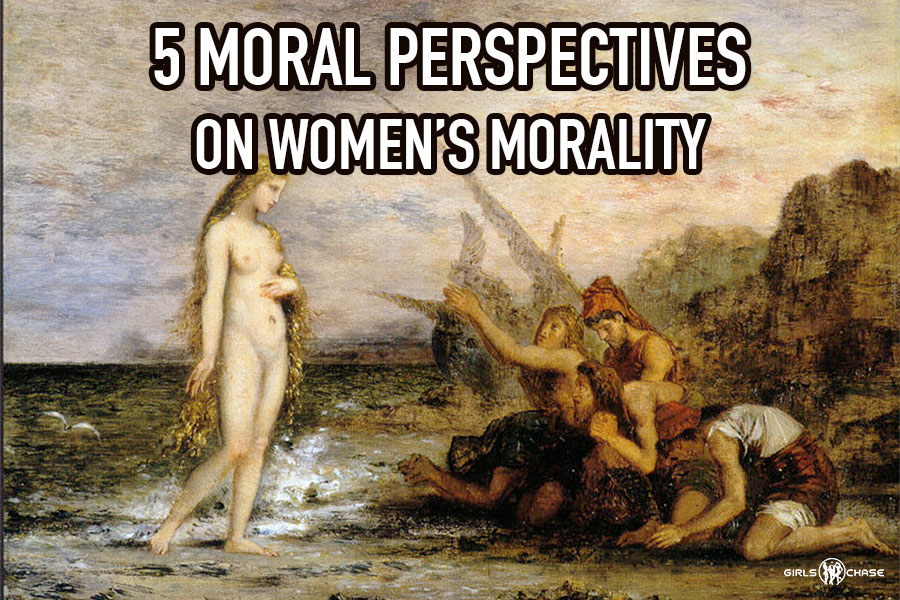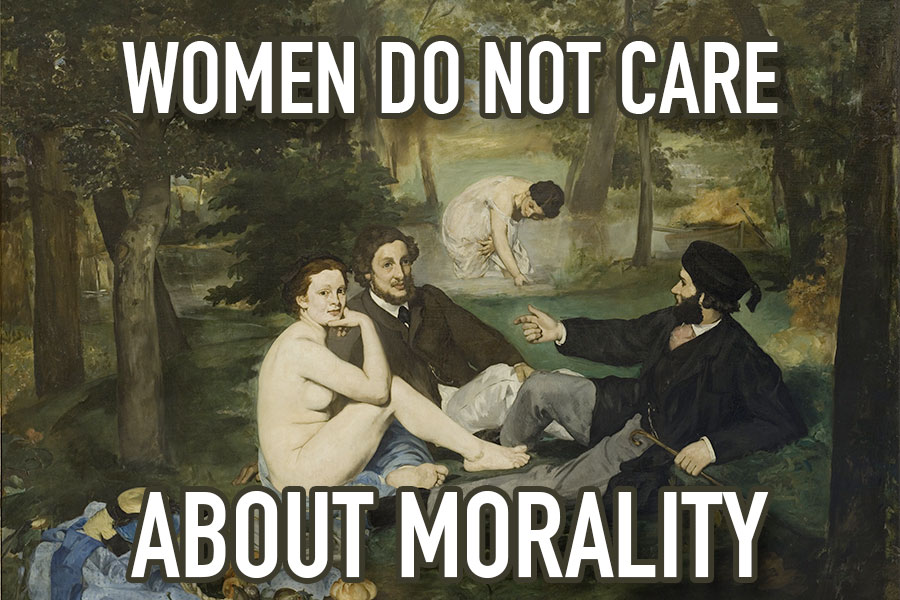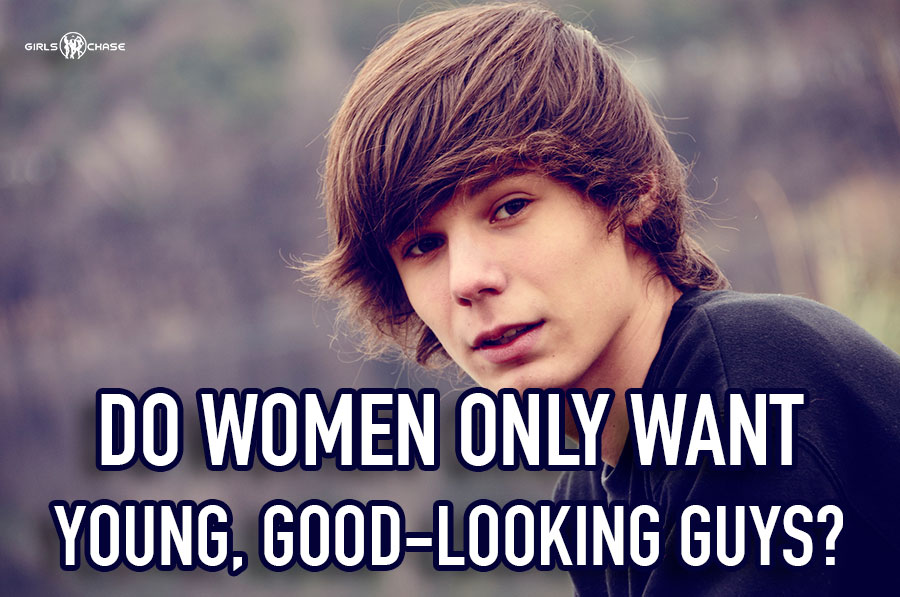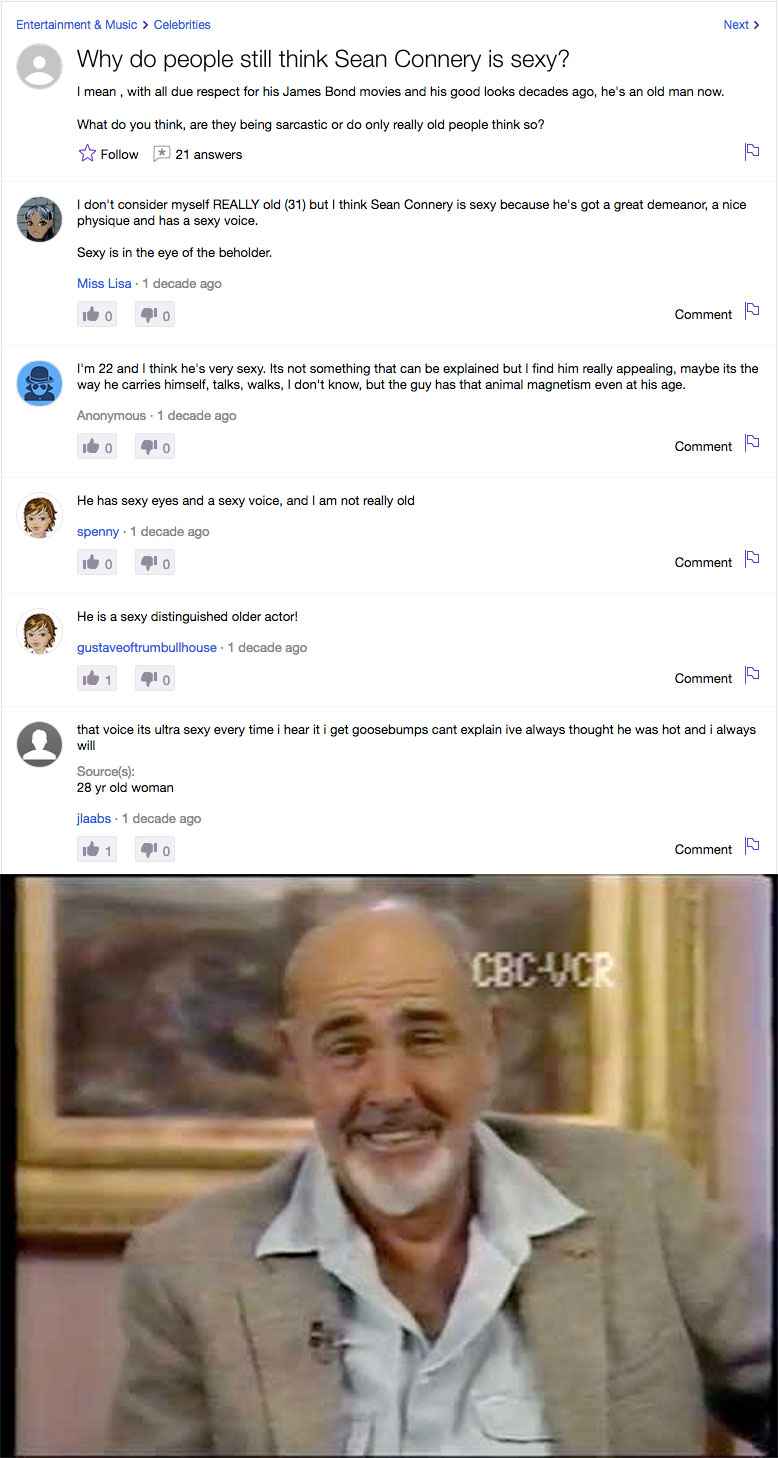Is Being a Player a Betrayal to Your Culture?
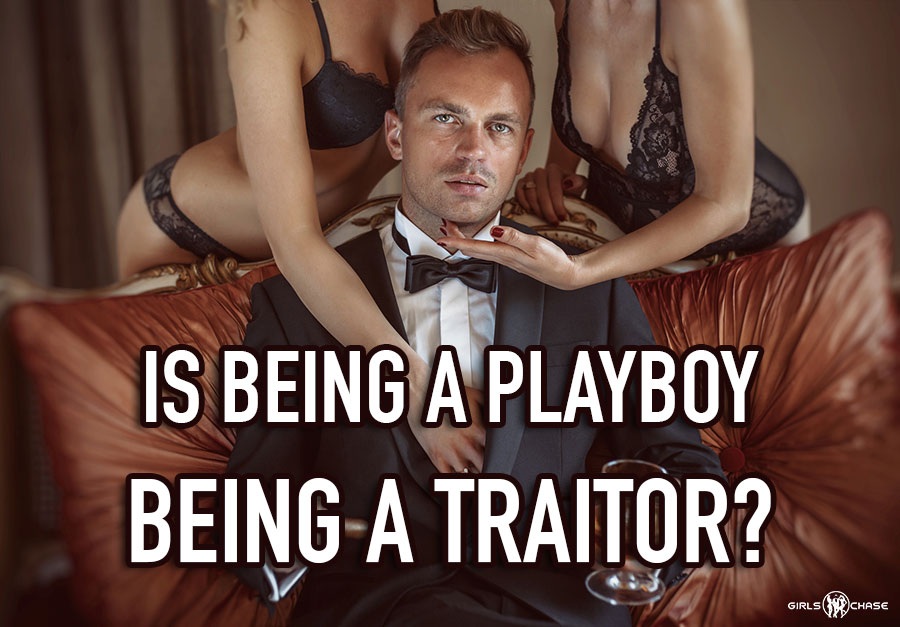
A lifestyle of hedonism, pleasure, and abundant bedmates is quite delightful. Yet if you are a playboy, have you betrayed your society to become one?
Contents
1. Sexually Conservative Plusses
2. Sexually Conservative Minuses
3. Fuckboys Do Destabilize Society
Society is changing.
Tectonic plates of social mores are rubbing together and creating earthquakes. The ensuing chaos can be seen all around the world, especially in the U.S.
On one side, we can break it down most simply by Liberalism vs. Conservatism. These are the eternal spectrums of any society. Right now, Liberalism is concerning itself with identity politics and claiming to align itself with two ethical principles – tolerance and compassion. These ethical principles naturally create support for causes like climate change activism, racial and sexual equality, and wide-open immigration policies. Whether this is wrong or right is not the focus of this article. I’m simply pointing out what is happening.
Conservatism is currently concerned with nationalist politics and aligning itself with two ethical principles – tradition and independence. The focus on tradition creates a “the law is right, no matter how you feel” framework, which then leads to a direct conflict with policies like open immigration. Independence-focused politics creates conflict with macro ideas like the EU, NAFTA, and the Paris Climate Agreement. With the victory of Donald Trump, an aftershock is now sweeping countries like Hungary and Poland (who were already quite conservative) and pushing their conservatism farther to the right.
Society is now swinging to the right, toward more conservative values. In fact, it has been for a long time. Liberalism has hit its peak and may decline soon, as its surge from the 1960s has begun to lose its momentum.
This is most evident in the arena of sexuality, which I believe (through observation) to be the control point of the rest of society. Everything seems to revolve around sex (at least that’s how I connect the dots).
And since society seems to be swinging to the right politically, that means some big changes are going to affect our attitude toward sexuality, which has both its pros and cons.



